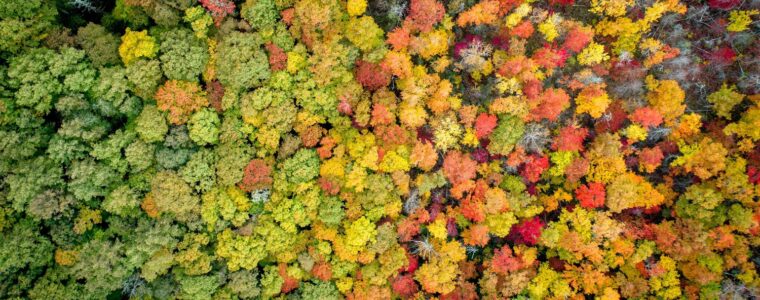
The Summer School in Advanced Statistics for the Life Sciences, on the theme of Hierarchical Models, will take place from April 29 to May 3, 2024 at Jouvence, in Mont-Orford National Park, Quebec. Hierarchical models in life sciences refer to statistical frameworks that account for the nested structure of data often encountered in biological research, where observations are organized within multiple levels of hierarchy such as individuals within populations, or repeated measures within individuals. These models allow for the incorporation of both within-group and between-group variability, providing insights into the underlying biological processes while appropriately addressing the complex dependencies within the data.
The intensive course is presented by Pr. Guillaume Blanchet, professor at Université de Sherbrooke and academic member of BIOS2, and Dr. Andrew MacDonald, research professional for BIOS2, CREUS, and QCSB. The course aims to introduce hierarchical models from both a theoretical and practical point of view. Everything will be done using R with an introduction to Stan. Bring your dataset!
Registration
Anyone interested in taking part in the summer school must complete this form by March 20, 2024. Official registration (admission and payment of registration fees) will take place during the week of March 25, 2024
More information and registration: https://www.usherbrooke.ca/ecoles-de-pointe/en/biology/2024-hierarchical-models-life-sciences



